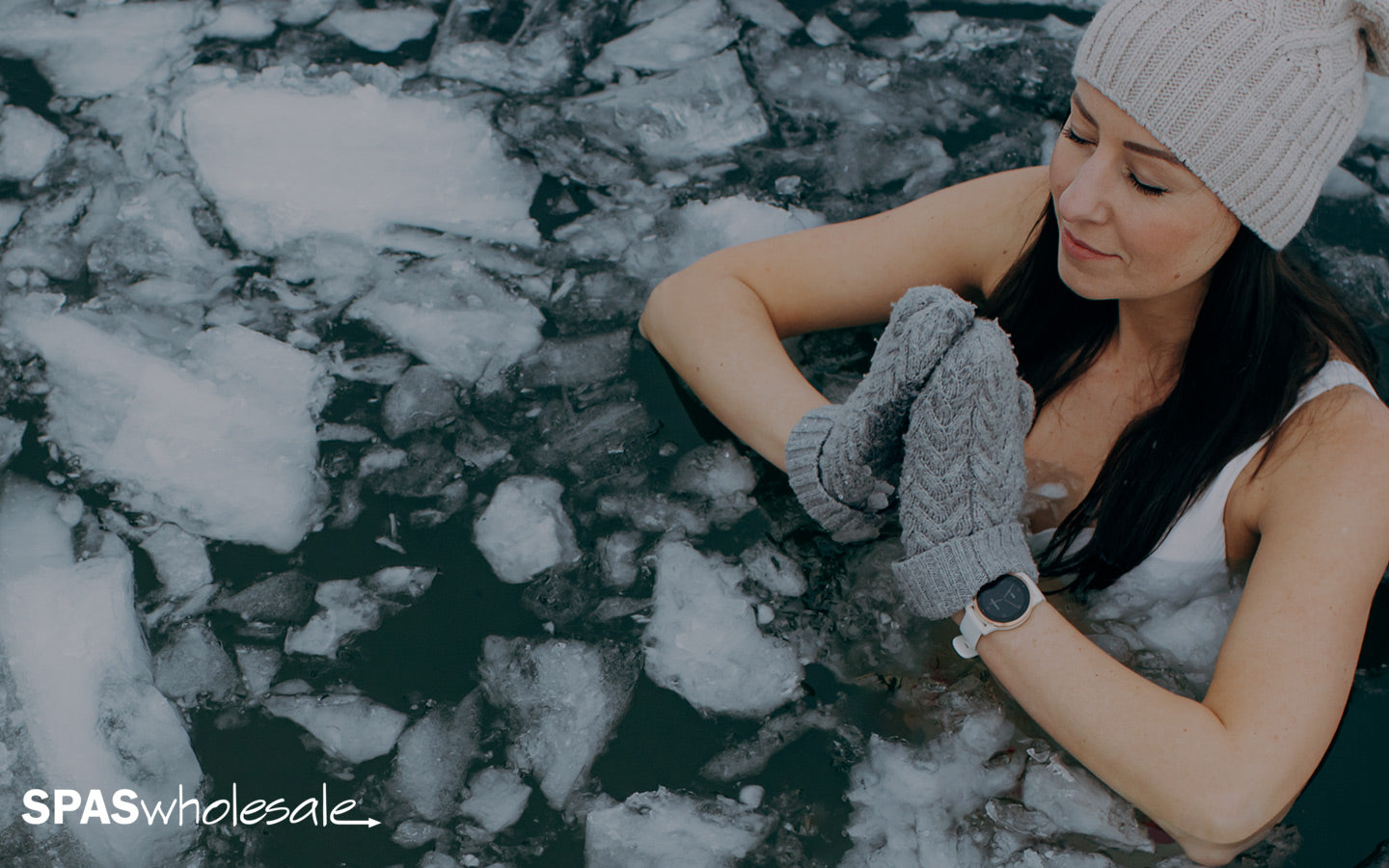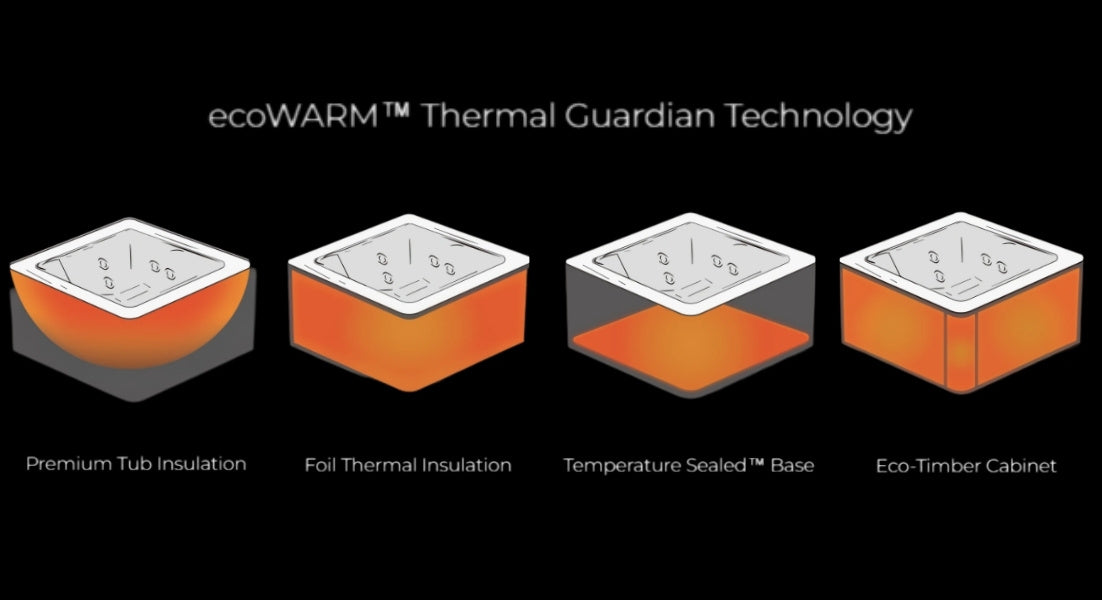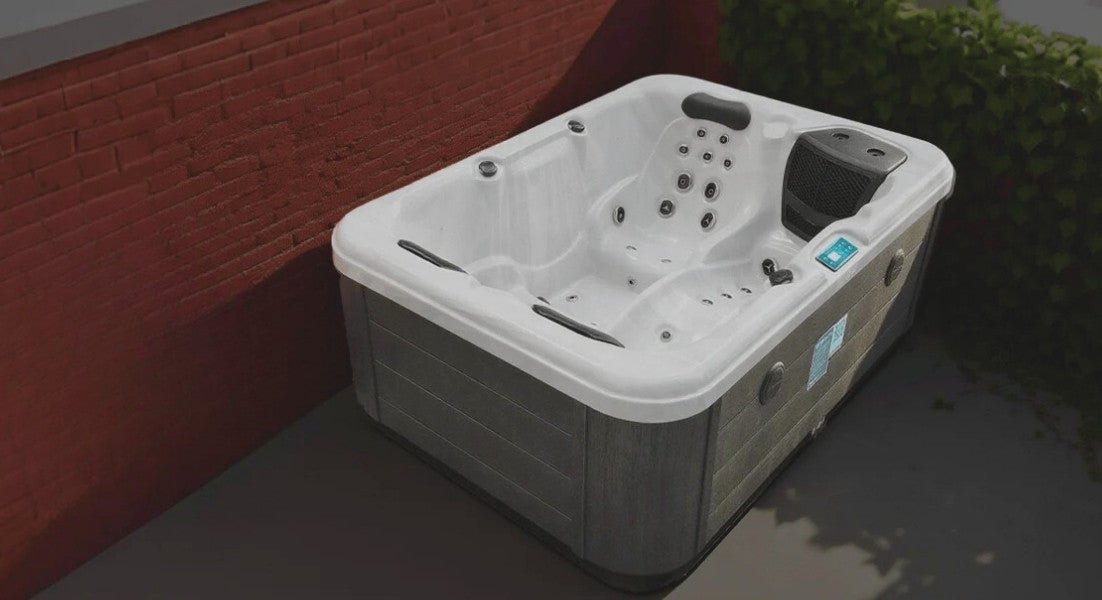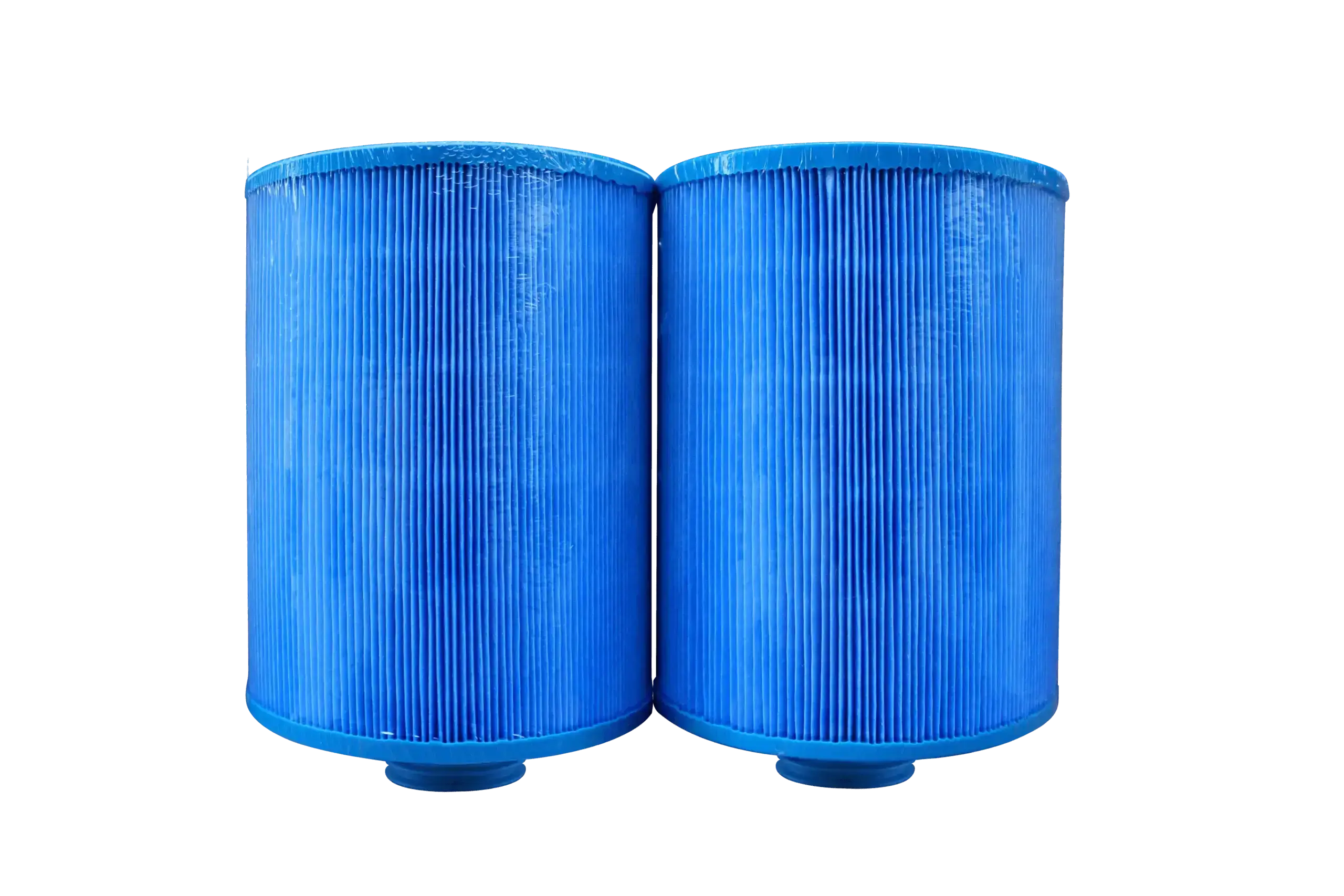If your spa water freezes, it can be a big problem
If you let your spa freeze, it might be costly to fix. However, by taking a few simple precautions, you can protect your spa safely during the coldest of weather.
The main problem is freezing water causes its volume to expand by 10%. The water can push and expand, and may sometimes force its way through even the most difficult material. So, how do I keep my hot tub from freezing?
There are numerous ways to prevent your spa from freezing. Let's consider your options.
Keep your Spa open and running
The best way to deal with cold weather is to keep the water flowing through the spa. This of course also means you can use it during the winter months! Sitting in the luxury of a spa outside in winter is one of life’s greatest pleasures.
If you don't keep your spa operating temperature, there won't be any risk of freezing. As long as there is movement, the water won't freeze. Make sure that all of the jet nozzles are turned on and that the water is flowing through them. If the water is too cold, any static areas may freeze.
Invest in a good quality insulating cover
It's also really important to have excellent quality insulation covering for your hot tub during the winter months. Spas Wholesale Spas ship with an excellent quality spa cover. This will not only help keep the heat in but will also keep out cold rain, snow, and other environmental debris.
Consider the placement of your Spa
The location of your spa can also have a big effect on its viability and efficiency for winter operation. Try to position it in a sheltered spot preferably where it will capture as much of the winter sunshine as possible. Keeping the spa away from draughts and the prevailing wind by setting up windbreaks and screening also works really well. This not only prevents the area around the spa warmer but it makes it more inviting for a winter dip!
Winterise your spa
If you are not going to use your spa during winter, drain it before it gets too cold. Freezing water is one of the main causes of spa damage during the winter months, due to the freezing water expansion. If you drain the water from the spa when the temperature is still relatively high, you won't end up with any frozen water inside the spa after it has been drained. You should only use this method if you know that you will be away from your house for several weeks during the winter months.
To winterize a spa after draining it, also clean it thoroughly and blow it out so that there are no traces of water left inside.
And if your hot tub freezes, here’s what to do.
To heat up a frozen spa, just follow these steps:
-
Turn off all of the power to the spa. If the pump attempts to move frozen water, it may cause more harm than good.
- Start by breaking the ice on the top surface of the spa and add hot water. If you don't have buckets of hot water or a hosepipe, you might be able to use a bucket of boiling water instead.
- If possible, get some gentle heat into the cabinet to warm up the underside and the mechanics and piping. If you use electric heaters, be very careful because they're likely to produce a lot of steam.
Look for signs of damage. The most likely place for a problem to occur is usually the heater, pump or filters. Look for leaks and cracks and splits. Pipes will usually have hairline cracks along their length. When the ice melts, you should see water dripping out of the damaged parts. Once you have got a good idea of the damage then drain the hot tub completely.
Summing Up
As soon as autumn sets in, you need to start thinking about what you plan to do with your spa over the winter. If you decide to leave it running for you to use it on those cold winter nights, make sure it’s ready for the cold weather. And if you want to shut off the spa over the winter, follow the basic steps described here to prevent your spa from freezing up and protect your investment.





Share:
Spa Maintenance Checklist
Crane Delivery Guide for Spas